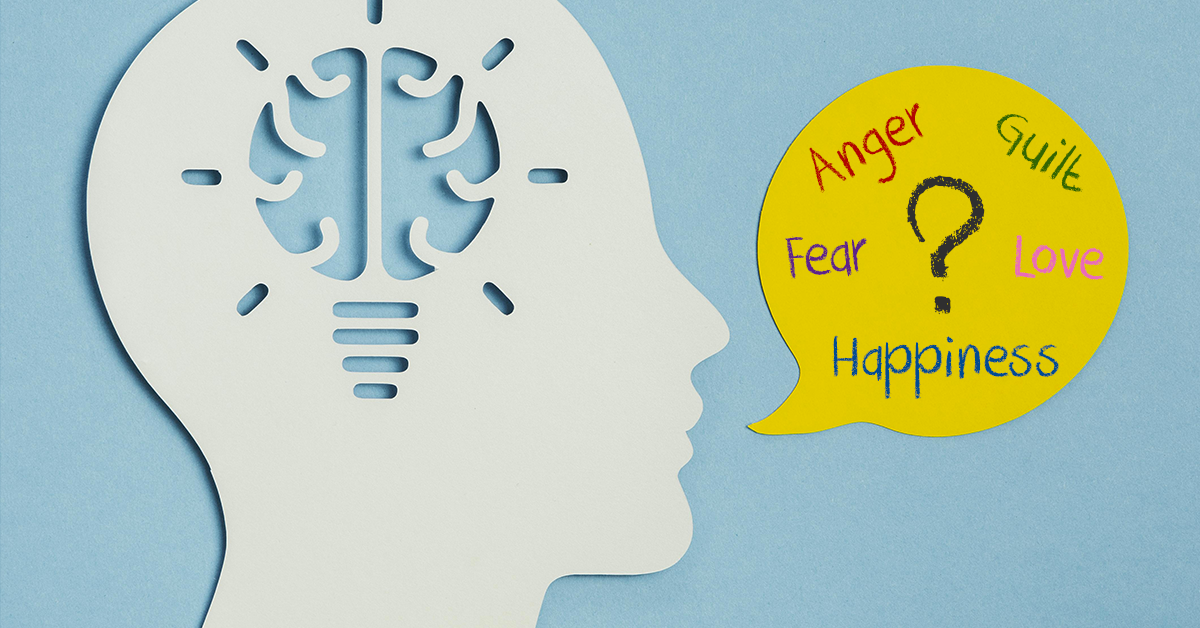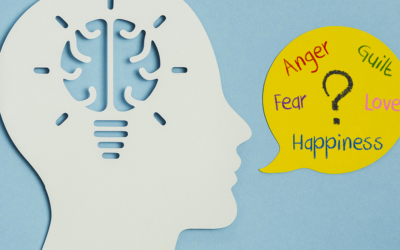Are you the type of person who people share all kinds of personal things with?
Are you able to read people from their non-verbal behavior and body language?
Do people tell you that you are a great listener and totally understand their concerns?
If your answer is “yes” to all of the above questions, you have a great deal of our fourth component of emotional intelligence: social awareness. Whether your answer is “yes” or “no”, the comments below will help you be better at hearing and communicating with others in your life.
People with a high social awareness sense other’s feelings and their perspectives on things. They anticipate, recognize, and meet the needs of others. They are also fantastic at “reading” individual people, their body language, and in many cases, can even “read” the room. They use these talents to better communicate, connect with, and motivate others. They also use these talents to get people to more effectively engage with their work, with their colleagues, and most importantly, with their family and personal friends. They are valued because they help people feel comfortable with others, better communicate, and help people feel they count and are important to the high social awareness person.
So, how can we be this socially aware person. First, how socially aware am you? Contact us, or go to the link below, to discover your social awareness score or your score on all five EI components. Second, how can we increase our emotional intelligence social awareness? Let’s look at a few techniques. It’s actually easier than you may think.
One of the easiest ways to increase your social awareness is to listen more than you talk. We all have two ears and one mouth. Use them in that proportion. Spend twice as much time listening as you do talking. But really listen. Focus and concentrate on what the other person is saying. Most people start to think about what they are going to say to respond to others instead of really listening to what the person is saying. If you are a DISC “I,” you are even more prone to do this than are others. STOP! Just listen. Technique #2 is to follow up on what you heard them just say. You do that by asking questions regarding what you heard. The questions can get them to share deeper thoughts or just get them talking more about the situation. Either way, you get a better understanding from them regarding what they are trying to share. Let’s look at an example.
You are talking with one of your children or grandchildren about their day at school. They share that one of their teachers disciplined them for something they did or said. Most parents or grandparents will say something like “did you do it,” or “what did you do?” Some may even be supportive, whether it’s justified or not. They may say something like “I’m sure you didn’t do it.” Or they may do the opposite and discipline the child further. None of these responses leads to better social awareness. Ask a question like “can you explain to me what happened?” Or, “How did you respond to the teacher after they disciplined you?” These types of questions help you get deeper into the situation and help you better understand what really happened. You can even ask the child questions about how they felt when the teacher did what they did. There are so many questions that can be asked. Any of which help you better understand, demonstrate that you care, and gives you a better idea of what really happened. At the least, the child/grandchild feels you care about them. After all, isn’t that the most important aspect of your relationship with them? You can always continue to explore the situation and get into possible solutions by asking more questions.
We can’t control others’ behaviors, no matter how much you believe we can. Only they can control their behavior. For most of us, it’s difficult to fully control our own behaviors, let alone someone else’s. But we can improve our relationship with others, and in many situations, that is much more valuable. Being socially aware is an important way to demonstrate our concern, our caring, and add value to our relationships.




